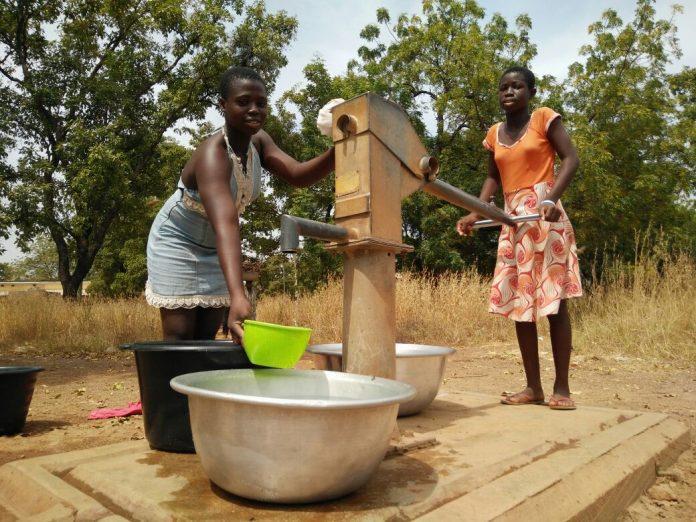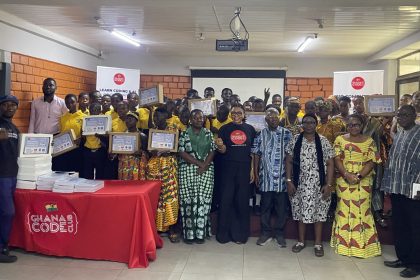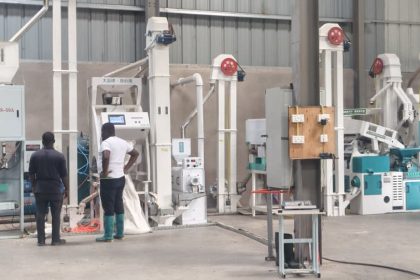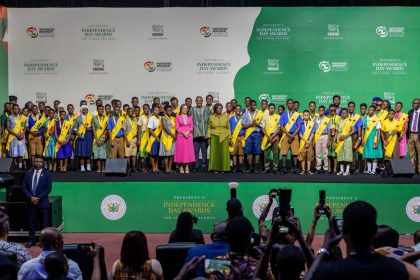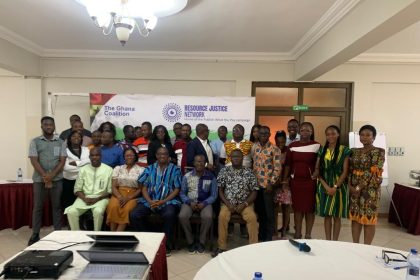Residents of a Fulbe settlement near Chogsia, in the Wa West District of the Upper West Region, have appealed for a potable water source to ease their struggle in accessing safe drinking water.
The residents told the Ghana News Agency (GNA) at Chogsia that women in the community trek about three miles daily to fetch water from Chogsia, a situation they described as taking a toll on their health and livelihoods.
Mrs. Mariama Darimani, a resident, said the long distance and poor road conditions, especially during the rainy season, made the search for water even more challenging.
“During the rainy season, the road from our settlement to Chogsia is always flooded, and we have to struggle through the water to get there to fetch water,” she lamented.
She said the settlement, which has over 100 residents, lacks a borehole or any reliable water source, forcing them to rely solely on the borehole at Chogsia.
Another resident, Alhaji Partti Ahamadou, said the situation often compelled women from the settlement to wait long hours at the Chogsia borehole before fetching water.
“When our women come here to fetch water, they have to wait for all the community women to finish before they can also fetch,” he explained.
Naa Sumaila Mahmada, Chief of Chogsia, confirmed the challenges faced by the Fulbe settlement and said tensions sometimes arose between women from both communities due to pressure on the few available water sources.
He joined calls for government agencies, non-governmental organisations, and benevolent individuals to provide the Fulbe settlement with a borehole to ensure equitable access to safe water in line with efforts to achieve Sustainable Development Goal (SDG) 6.
Access to clean and safe water remains a major challenge in many rural communities across Ghana. Addressing such gaps, he noted, is vital to improving health, promoting gender equality, and enhancing socio-economic wellbeing.
SDG 6 seeks to ensure the availability and sustainable management of water and sanitation for all by 2030.
GNA


